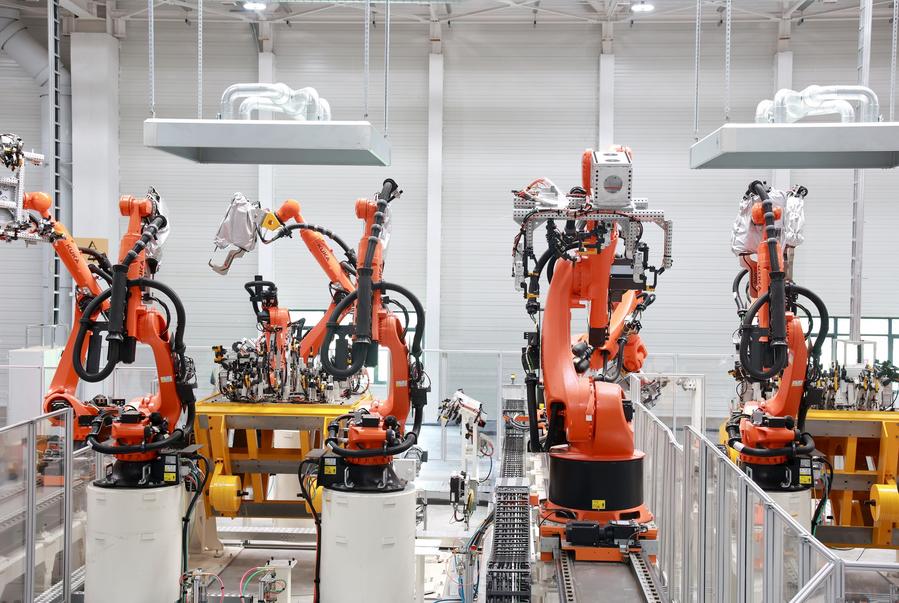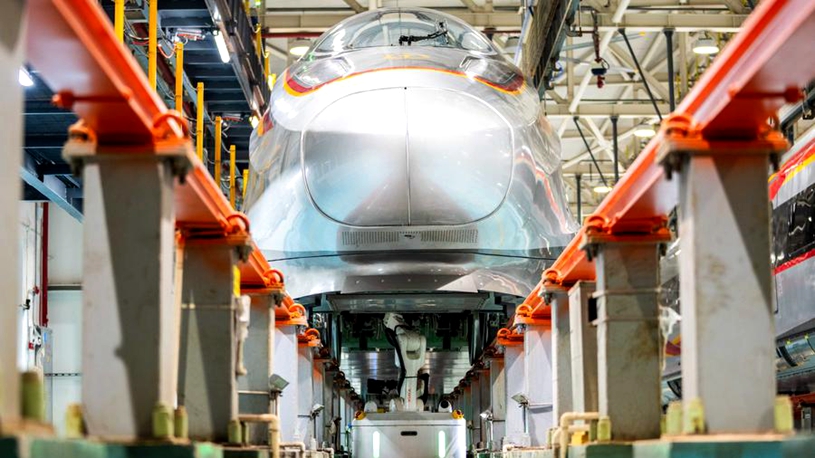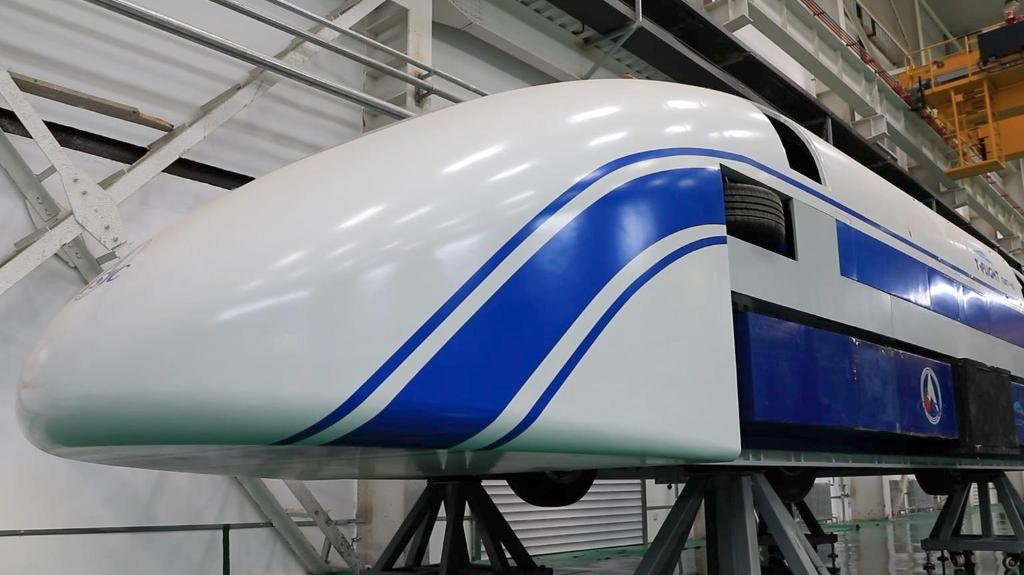Competitiveness can only be gained through competition.
Rather than resorting to protectionism, the EU should remain open and confident to create a fair competition environment to sharpen its industrial competitiveness.
BEIJING, June 8 (Xinhua) -- As the European Union (EU) fights over whether to impose additional tariffs on Chinese electric vehicles (EV), it's advisable that they keep in mind competitiveness, rather than protectionism offers the strongest shield for any industry.
In the face of strong external competition, the temptation to take measures that protect local industries is always strong. However, while such protective measures may offer short-term relief, they ultimately hinder long-term growth and innovation.
The European Commission's initiation of an anti-subsidy investigation against Chinese EVs last October caught the European automotive industry off guard. German auto giants including Volkswagen and BMW believe that they can only enhance their competitiveness in a fully competitive market and do not need such protective measures to defend their market.
In a recent interview with German media Frankfurter Allgemeine Zeitung, BMW CEO Oliver Zipse said that proposing restrictions on EVs shows a sign of short-sightedness, as it risks incurring countermeasures from the trading partner, leading to a more difficult availability of essential raw materials for European EVs.
Zipse is not alone in opposing the possible tariff increases. Hildegard Mueller, president of the German Association of the Automotive Industry, told Xinhua recently that "building up new tariffs and sliding into mutual protectionism is the wrong way to go."
Competitiveness can only be gained through competition. Europe is a major and traditionally global automotive manufacturing hub with advanced brands, talents, and technologies. Rather than resorting to protectionism, the EU should remain open and confident to create a fair competition environment to sharpen its industrial competitiveness.
After years of development, Chinese and European companies have cultivated a mutually supportive relationship. European automotive firms have long invested and operated in China, with the Chinese market evolving into the largest overseas market for many European car manufacturers.
It is noteworthy that the Chinese electric vehicle industry enjoys a robust partnership with European and global automotive networks. According to the China Chamber of Commerce to the EU, the creation of each electric vehicle involves the collaborative efforts of tens of thousands of suppliers from around the world.
Moreover, if history is any guide, competition has never dominated China-EU relations. The essence of China-EU cooperation is mutual benefit, not a zero-sum game.

Recent cooperation in the EV sector has yielded significant benefits for both sides. BYD is building its first passenger car factory in Europe, located in Hungary, which will promote local green transformation and create thousands of jobs. Chinese EV company NIO has established a global design center in Munich and opened its Smart Driving Technology Center near Berlin. Volkswagen is constructing its largest research and development center outside Germany in Hefei, China. Such collaboration has injected strong momentum into the sustainable development of both economies.
The EU has itself been a victim of protectionism. The U.S. Inflation Reduction Act has ignited wide opposition in Europe, with many viewing it as backstabbing by Washington. In light of this, the EU should recognize the risks of protectionism and instead, prioritize fostering an open and competitive market.
By doing so, it can not only protect its industries but also promote global collaboration and innovation, which are essential for addressing the challenges of climate change and achieving sustainable development. ■











